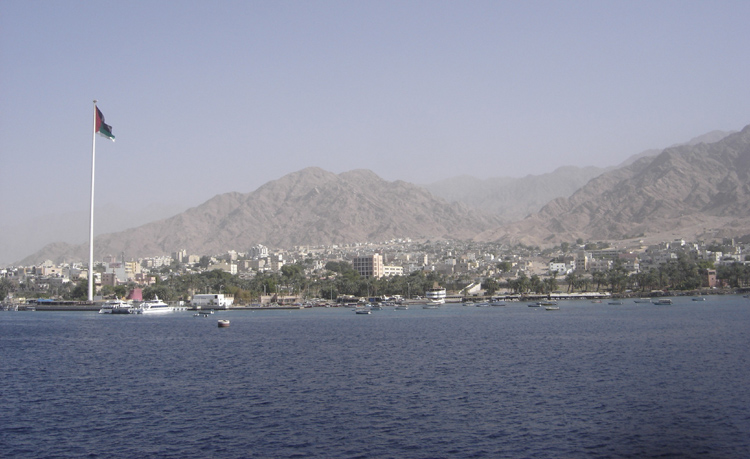Casinos in Aqaba, the Jordanian port on the Red Sea’s Gulf of Aqaba, as well as other areas of development are being considered to be licensed by Jordan’s Vice Prime Minster Ali Abu al-Ragheb. The casinos would be located in a special area with the stipulation that no Jordanian people will be allowed, according to Ammon.
The announcement came during a speech by Abu al-Ragheb about incentives during a seminar entitled, “Investment in Jordan , Chances and Challenges,” held by the Jordanian Transparency Society, on Saturday at the Amman Chamber of Industry. During the speech Abu al-Ragheb said incentives will aid in identifying a new investment situation in the Arab kingdom in Western Asia.
Other discussions involved allowing Iranian citizens to visit Jordan as tourists within an agreed upon system. Abu al Ragheb also offered opinions regarding the unprecedented challenges Jordan faces on both, political and economic levels due to the region’s recent crises. He explained that that the Jordanian economy is currently experiencing a difficult phase, especially in regard to improving the kingdom’s financial situation.
In 2007, a secret contract to build an “extra-legal supercasino complex” was personally authorized by Jordan’s prime minister, Ma’arouf al-Bakhit, although he publicly denied responsibility for it, according to the Guardian. The multimillion-dollar Dead Sea casino deal has been shelved for quite some time now, but has been the focus of parliamentary crises and anti-corruption street protests. In what has become known as “Casinogate,” the controversy stems from the fact that gambling is illegal in Jordan and if the 50-year contract is cancelled, the Jordanian government faces a $1.4 billion penalty. The site for the casino development was to be located by the Dead Sea, which is a major tourist attraction for Jordan and Israel.
According to the Guardian, licenses were issued in December 2003 for two earlier casino developments by a previous government led by then Prime Minister Faisal al-Fayez, negotiated in April of that year under his predecessor, Ali Abu al-Ragheb. One was to be built near the Sheikh Hussein bridge over the Jordan river, which would link Jordan to northern Israel, and the other in Aqaba on the Red Sea. The 2003 contract, like the Dead Sea project, runs for 50 years. The license for the casinos, which after several years have yet to be built, was issued to the Ayla Corporation. The company is owned by well-connected businessman, Khaled al-Masri, who was also involved in the 2007 Dead Sea bid. At that time, the government had hoped to bypass the country’s anti-gambling laws by barring Jordanians for the casino sites, a strategy obviously still in place.



